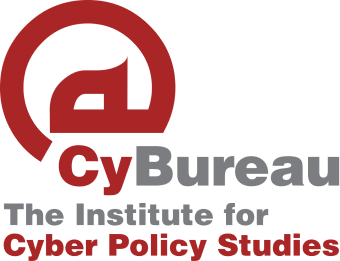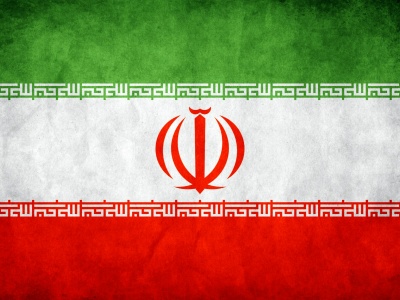The election results in Iran – a golden opportunity for the West
Tal Pavel, PhD, believes Ahmadinejad's victory to be an opportunity for other nations to compel Iran to make concessions regarding its nuclear program. And who knows, maybe, with a little help, Iran's current regime could be displaced from within.
The election resulted, perhaps expectedly and undesirably for many, with an overwhelming victory for President Mahmoud Ahmadinejad. One may question the rectitude of the voting procedure or the reliability of its outcome. These are particularly questionable since the ruling echelon has made it clear that it wants Ahmadinejad to stay in power. Iran's spiritual leader, Ali Haminai, uttered one such unequivocal statement when he condemned voting for any pro-western candidate.
Indeed it seems that many Iranian voters are disappointed or even shocked by these results. Their disillusion is understandable considering the reports of a neck-and-neck race between Ahmadinejad and Mousavi, which nonetheless ended with the latter's decisive defeat – 33.75% of the votes versus Ahmadinejad's 62.63%.
As the election results were unraveled, the shocked public started lashing out in Teheran. Mousavi convened an urgent press conference where he claimed that the election had been tampered with and accused Ahmadinejad himself of being the chief culprit in this deceit. He did, however, bid his supporters not to riot.
Disappointment in the Streets
Mousavi's supporter, former president Ali Akbar Hashemi Rafsanjani, who has ample political authority, resigned from his chairmanship in the Expediency Council. The United States helped revalidate the claims regarding the election by issuing an unofficial statement that questions its credibility. Ahmadinejad countered in his victory speech yesterday by blaming foreign media for agitating the state of affairs in Iran.
These feelings of dismay and suspicions of foul play and even of the falsification of results soon led thousands to the streets. They protested in Tehran last Saturday, crying "Death to dictatorship," "Down with Ahmadinejad," and "Onward Mousavi," whom they called President. They blocked city traffic and began confronting the police in a manner not seen since the student demonstrations of 1999.
Various sources have reported of sit-down strikes, violent clashes with security forces (especially near the offices of Ministry of Internal Affairs), breaking into business places and setting dumpsters and one vacant bus on fire. Numerous video clips documenting the demonstrations and clashes in the capital can be viewed on YouTube. So far, three protestors have perished in these confrontations. The security forces, on their part, have deployed troops in the city borough where many reformists and reformist leaders reside.
A Nation Shut Off
As all this is happening, authorities endeavor to restrict local and foreign communications. Before the elections, there were some reports regarding measures taken by the government to hamper opposition activities, such as obstructing short message services (SMS) inside Iran by technical means. Last weekend, it was reported that the SMS are still inhibited and that Facebook and some websites that support Mousavi have been blocked. It was also reported that authorities have ordered foreign journalists to leave Iran.
The bewilderment and the desire for change amongst various segments of Iran's population rally thousands to the streets, protesting, even where confrontation with security forces ensues. This is definitely a noteworthy and positive sign. The will to change apparently runs deep in Iran. But the commotion on the streets of Tehran and the demonstrations in Vanak Square might also turn out to be just a passing episode, like the demonstrations in Tiananmen Square.
The present regime stands to lose, and the west stands to profit, from the discrediting of the legitimacy of Iran's current government. Such action would allow western nations to pressure Iran in negotiations concerning nuclear issues and to promote popular opposition to the present system of governance. This is a golden opportunity for the western world and should be seized.

